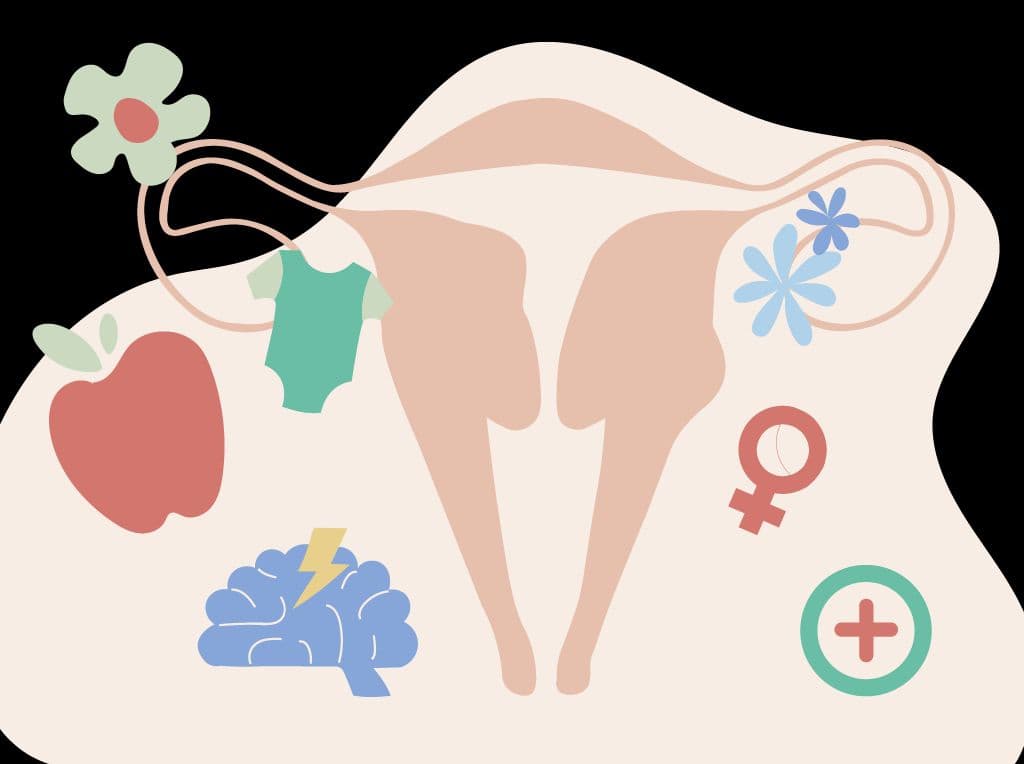A woman's capacity to get pregnant typically reduces with growing age. In later life, the number of eggs in a woman’s ovary starts decreasing, and egg quality too proportionally decreases, and eggs have a higher chance of having abnormal chromosomes. Every one of these factors together implies that aging women have lower pregnancy rates and higher rates of miscarriage.
What is an Ovarian Reserve?
Ovarian reserve refers to a woman’s remaining eggs that are capable of fertilization resulting in a healthy and successful pregnancy. Reduced ovarian reserve is the reduction in normal reproductive ability in the ovaries due to a lower count or quality of the remaining eggs.
Why is it important to understand or know it?
Lack of producing a good quality egg is a common cause of infertility in a woman. The rate of reduction in a woman’s eggs occurs at different rates in different women. While low-quality eggs happen less much of the time in young women, the fluctuation in loss of good quality eggs among women makes it a significant aspect to evaluate in every single infertile couple, paying little heed to age. Normal menstrual cycles are a decent sign that ovulation is happening normally.
When a woman is born, her ovaries will contain her entire life’s supply of eggs. These are continually lost through menstruation until the woman reaches menopause, the point when the ovarian reserve is empty. Women over the age of 37 or who have undergone ovarian surgery have an increased risk of infertility due to a diminished ovarian function or reserve (fewer healthy eggs due to natural aging). Regular menstrual cycles are a good indication that ovulation is occurring normally. If a woman's period comes inconsistently or not under any condition, at that point her ovulation is either exceptional or not happening. Since human reproduction is innately unproductive. This prompts less occasions to get pregnant and furthermore makes it hard to anticipate ovulation to plan intercourse.
Hormone levels are the outward indications of ovulation. A few tests that check for normal ovulation depend on estimating these hormones.
What are the tests done?
The main tests for ovarian reserve are follicle-stimulating hormone (FSH), and anti-Müllerian hormone. These tests are done, usually early in the menstrual cycle, on the second or third day after the full menstrual flow begins.
Follicle-stimulating hormone (FSH)
Follicle-stimulating hormone (FSH) helps control the menstrual cycle and production of eggs. In order to determine a woman’s ovarian function and evaluate egg quality, FSH levels are tested on day 2 or 3 of the menstrual cycle.
Commonly, women with high FSH levels found in their blood on day 2 or 3 of the menstrual cycle have lesser chances of having a live birth – even with ovulation initiation and in vitro fertilization (IVF) – in comparison with other women falling in the similar age range.
There are several different laboratory methods used to measure FSH blood levels. Besides, the hormone level measured may differ significantly in different methods. Therefore, it is difficult to compare blood level tests between different laboratories or using different methods.
Anti-Müllerian hormone
Anti-Müllerian hormone (AMH) is produced by individual follicles in a woman’s ovary. More eggs mean more follicles. This raises the anti-Müllerian hormone levels that can be measured. With age, the number of eggs in a woman decreases and so does the anti-Müllerian hormone level.
AMH is usually performed on day 2 or 3 of a normal menstrual cycle. Since values for AMH do not differ during a menstrual cycle, it can be drawn at any time, if it is the only test that needs to be obtained.
When should I think about getting it checked?
Women should get their ovarian reserve tested when they are anxious to know more about their fertility potential. It especially adds value for women that wish to preserve fertility for the future by means of egg freezing, (more on that below). Women who have had a family history of early menopause or premature ovarian insufficiency will especially benefit from these tests.
A woman should get it checked on the second or third day of her period cycle. Although one picture of ovarian reserve testing can be helpful, tracking these hormones over time can help women get a better sense for future fertility than one-time checking. Early detection is vital for proactive treatment and preparation. If detected on time, a woman may be able to consult a fertility expert to discuss possible options.
What should I do if I have a low ovarian reserve?
Ovarian reserve is part of a woman’s overall fertility health. Her age, lifestyle, and medical history are also important factors to identify her chances of pregnancy. It is important to look at the big picture when understanding fertility. The best way to understand this process is to seek the guidance of a fertility expert, like the doctors and nurses. In women with a low ovarian reserve and an otherwise normal potential for fertility, options like conceiving sooner and egg freezing or the use of IVF can be alternatives to explore.
What is egg freezing?
Egg freezing is a process to reserve the reproductive eggs of a woman. It is also called oocyte cryopreservation. During the process, the eggs of the woman are collected from the ovaries and are frozen when unfertilized and stored for later use. The fertilized egg is then implanted in the woman’s uterus. Women can seek doctors’ advice on the Egg freezing procedure including the benefits and risks, and also more.

